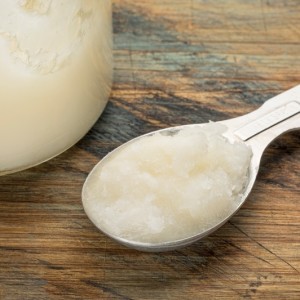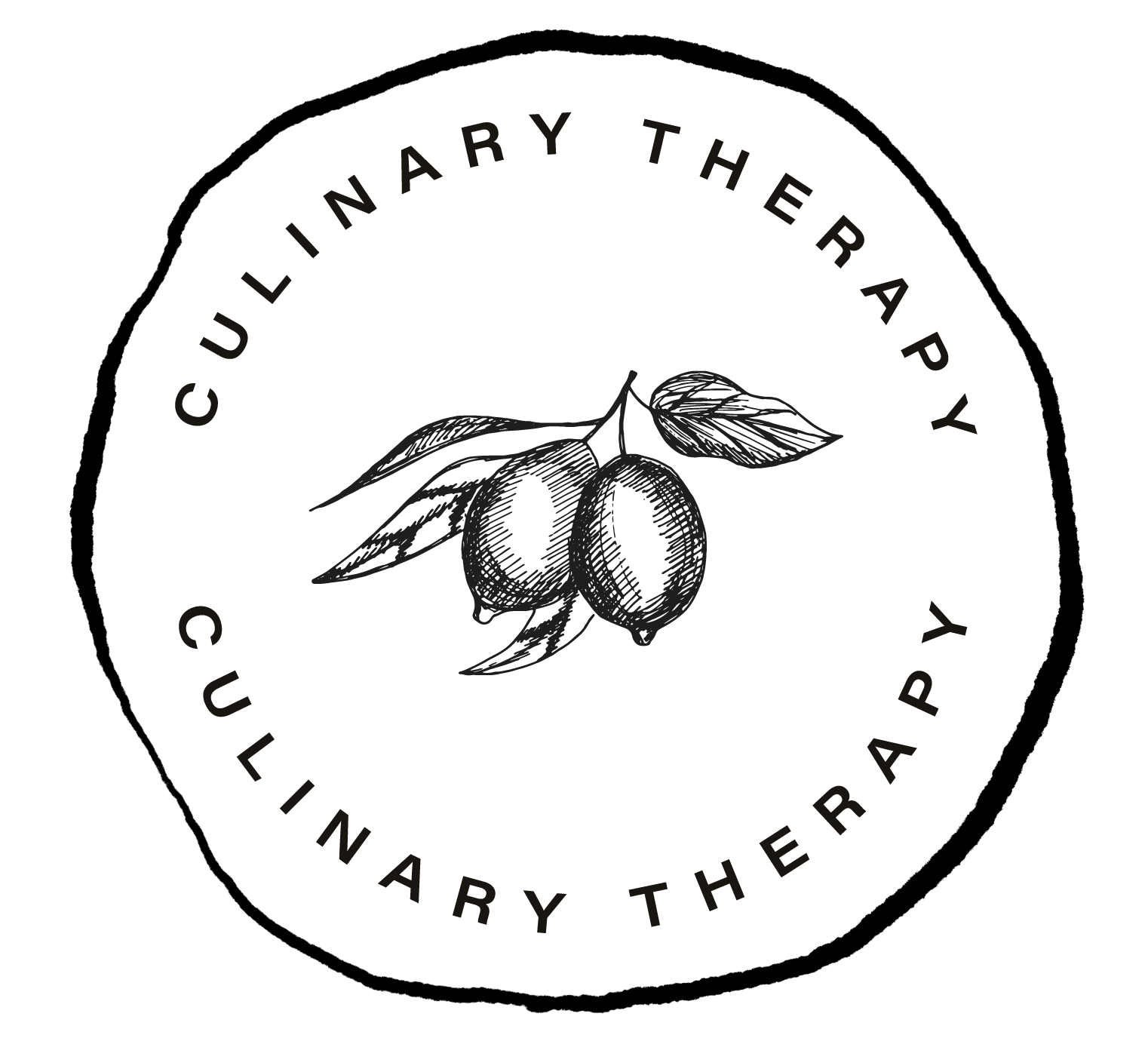Lately, I’m thinking a lot about fat. Dietary fats have captured the recent attention of the nutritional scene. With the weather getting warmer, clients are talking about it. And, I’m hearing a lot from our community.
Confused about fat? You’re not alone, I used to be too. Like many of you, I grew up in a low fat household where margarine and skim milk were considered the healthy alternatives.
Today, I enjoy plenty of healthy fats in my diet. But without knowing the entire story on fat, I understand a diet rich in fat may be hard for you to stomach (literally!).
Fat doesn’t have to be complicated. In fact, if you remember just one thing about fat, remember this: More important than the amount of fat you eat is the type of fat you eat.
The Right Type of Dietary Fat:
So, what’s the right type of fat? The right type of monounsaturated fatty acids and polyunsaturated fatty acids. These are the good fats found in plant foods like nuts, seeds, nut and seed oils, avocado, olives, olive oil and fatty fish like salmon (high in those omega-3 fatty acids you’ve heard about).
And this will likely surprise you… the right type of saturated fat has incredible health benefits. Ghee and coconut oil are both excellent sources of saturated fat. And for those who are able to eat dairy, butter as well. Recent studies show that even meat can be health supportive when combined with the right, healthy diet.
Fat and Weight-Loss:
Why the fat-phobia? Fat’s bad reputation can be traced back to a misinterpretation of some large studies in the 1980s that lead to the false conclusion that all fatty foods would lead directly to obesity and heart disease. Dietary fat was removed from foods, the low-fat diet was born and our country grew fatter than ever.
On the contrary, we now know that consuming the right kinds of fats may actually help you to lose weight. Fat gives foods that “yum” factor – helping you feel satisfied. Ever try eating one or two low fat cookies and find that you eat the entire box? Next time, opt for the full-fat variety. You’ll find that you’ll eat less higher fat cookies than those labeled as “fat-free”.
So what goes into a low-fat food to replace the fat? It’s refined sugar! And ironically, refined sugar is a major contributor to excess weight, weight loss resistance and obesity.
Fat and Digestion:
Healthy fats are great for the health of your gut. If you struggle with constipation, you’ll really benefit from good healthy fats to help keep things move along. We often consider fiber for regularity, which does help in many cases. But if your gut is compromised, additional fiber for regularity may exacerbate the problem. Coconut and ghee are two particularly great gut-supportive fats.
Bad Dietary Fats:
Unfortunately, not all fats are created equal. So while it’s really important not to avoid ALL fats, there are certain factory-made varieties that contribute to digestive upset, inflammation and disease. Trans-fats, also known as hydrogenated oils, should be avoided. They are NOT healthy. Toss the margarine, skim milk and vegetable oils too (these are the unhealthy polyunsaturated fats)! For some great alternatives to vegetable oil:
here are the healthy oils I use in my kitchen.
Your Simple Action Plan:
Avoid anything labeled “low-fat” – it’s likely full of refined sugar and other nutrient-deficient fillers. And don’t be scared of good quality, health fats!
Is there such a thing as too much good fat? An easy rule of thumb: Make sure the fats you eat come from healthy food sources and you likely won’t have to count. So toss the margarine, shortening and processed low-fat foods of the 1980s and add in some healthy fats for a healthy weight, a healthy gut and longevity.




